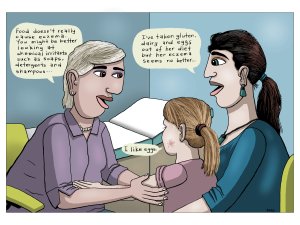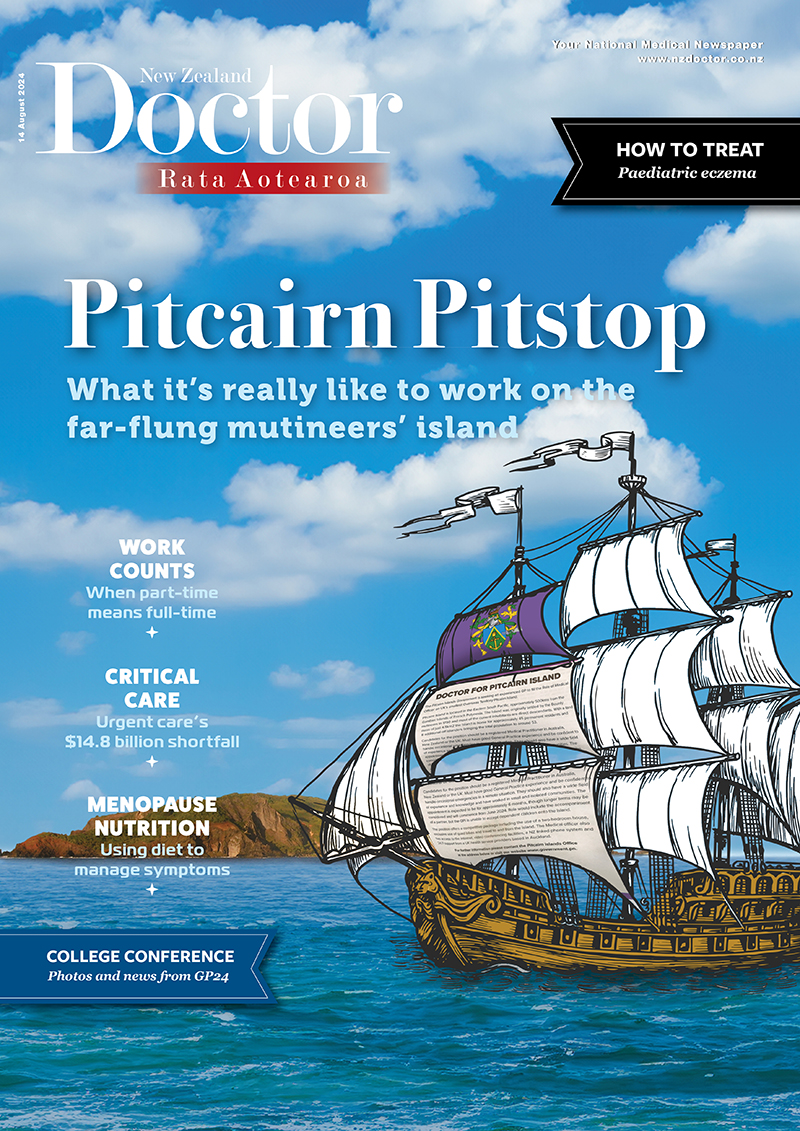Specialist GP Nikki Vadgama provides some tips to make your next paediatric eczema consult easier. She includes a review of new guidelines, resources, websites and medications for paediatric eczema management
Fiso Investment Group set to rescue struggling Pacific Health Services in Porirua
Fiso Investment Group set to rescue struggling Pacific Health Services in Porirua
A company headed by Pasifika businessman and philanthropist, John Fiso, has been named as
preferred bidder for troubled Pacific Health Services in Cannons Creek, Porirua.
The centre, which was set up more than 10 years ago to provide health and medical services
to Pacific people, has 12 employees and services over 2000 people.
Pastor Teremoana Tauira Maka, who was brought onto the Pacific Health Services board
recently to help save the centre, is delighted about the potential deal.
“This is great news and will allow continuity and sustainability of the important service we
provide here to Pacific people who have significant health needs. It is a relief to know that
we will not lose the only Pasifika-focused health service in Porirua, which is essential to the
community and has the potential to help many more. Staff at the centre are also excited
and relieved about the news, and are pleased that a man who understands the area has
bought it.”
Mr Fiso, who is of Samoan descent, grew up in eastern Wellington and spent much of his
childhood with family in Cannons Creek. He is best known for establishing the New Zealand
Institute of Sport (NZIS), which he started with 18 students in Porirua and grew to around
15,000 total graduates, with campuses in Auckland, Wellington and Christchurch. Through
this, John and his team changed the outcomes for many youth.
Mr Fiso hopes to be able to use his skills to enhance and eventually grow Pacific Health
Services.
“My hope is that through this investment we can improve services to those who most need
them and also provide opportunities for people in the community to step up and learn skills
about management, employment, governance and, in this case, health provision, so that the
organisation can become a vehicle for upskilling others the community, who, in turn, can
share what they have learnt with others in future - thus building much-needed capability
among Pacific people.
“Social indicators show us Pasifika communities are at a crisis point and more needs to
happen to change this,” Mr Fiso said. “Almost half of all Pasifika preschoolers in New
Zealand live in crowded housing and these kids have the highest rate of rheumatic fever.
Our children also have an increasing rate of obesity directly linked to deprivation and
smoking continues to be a problem.
“These statistics are totally unacceptable and I hope I can help change these outcomes with
investments such as this one.”




